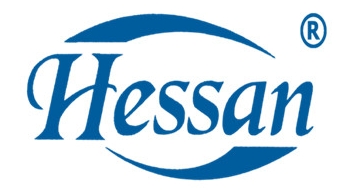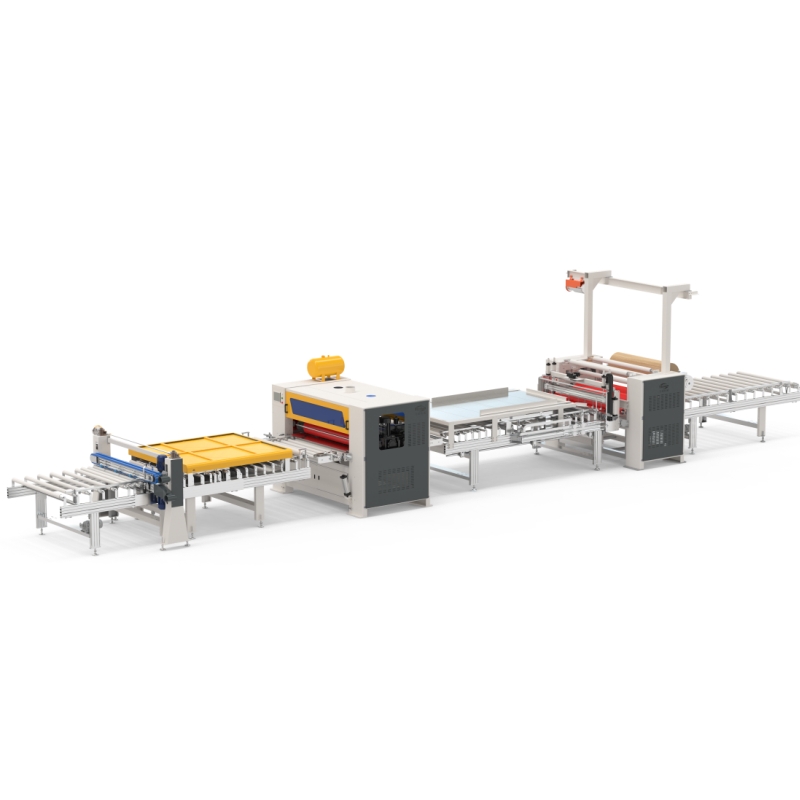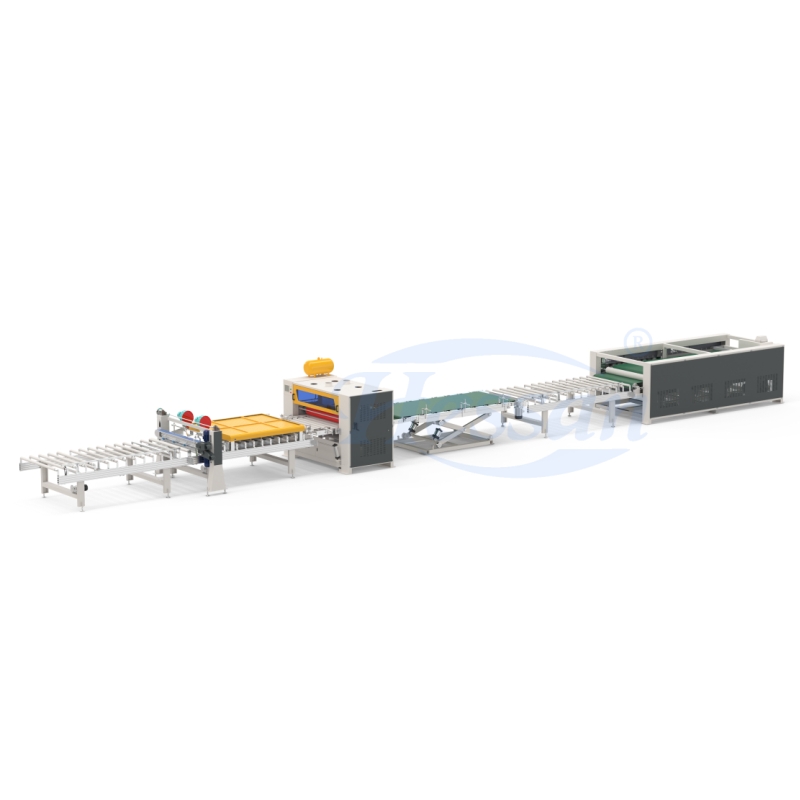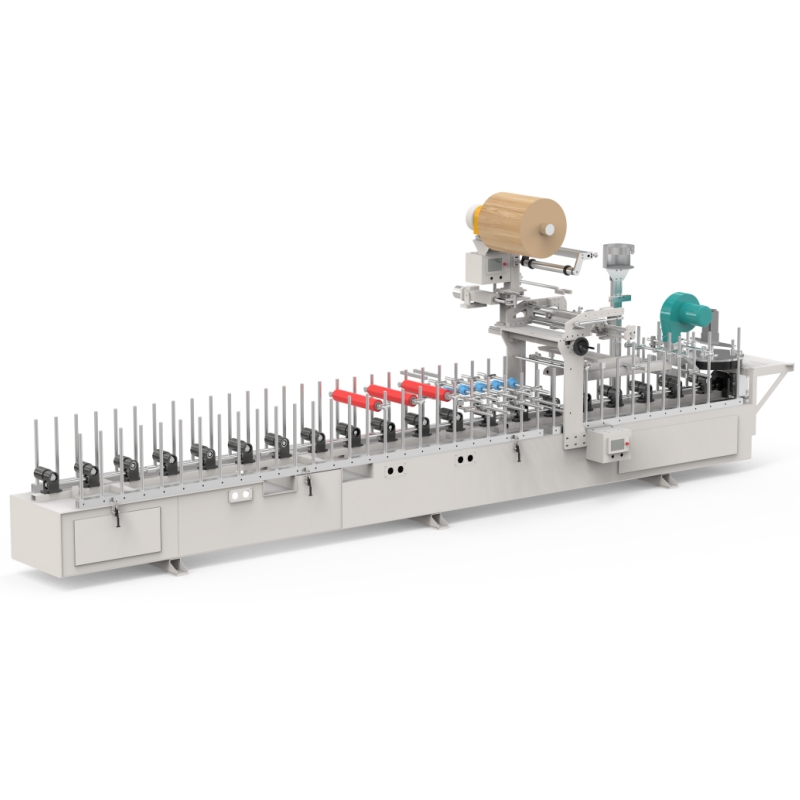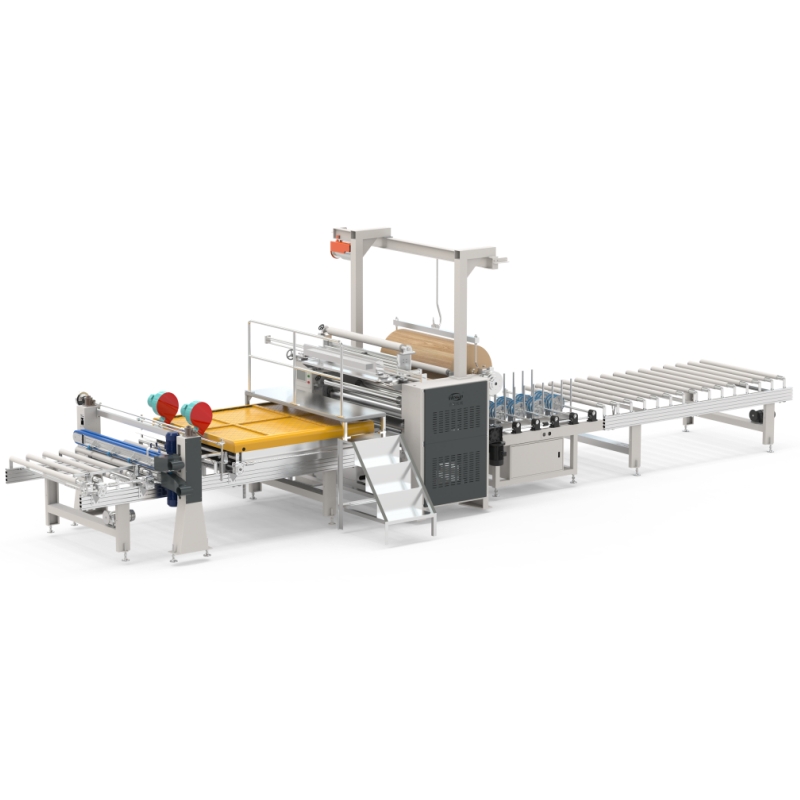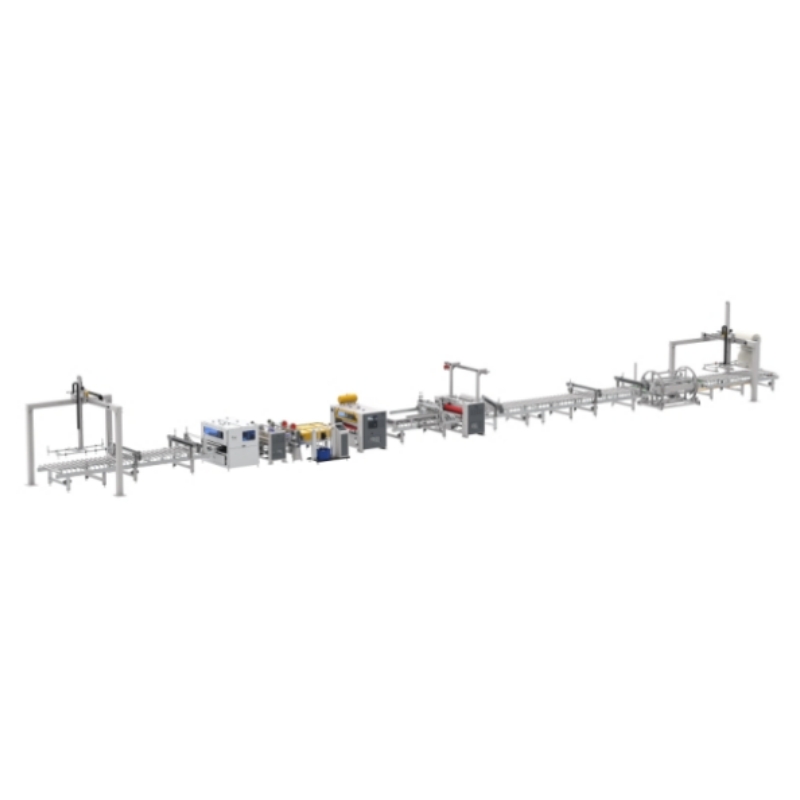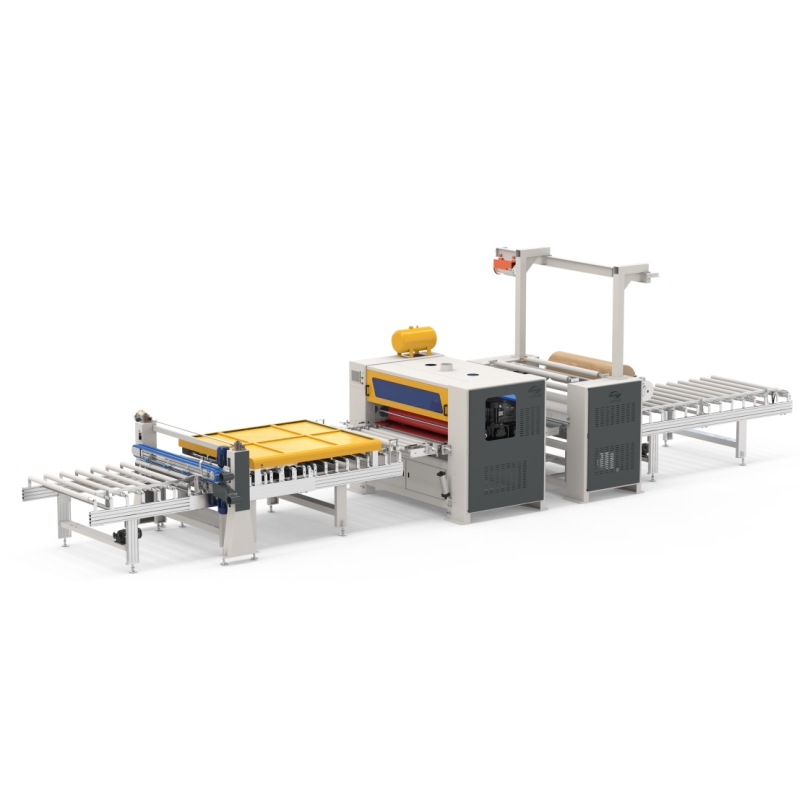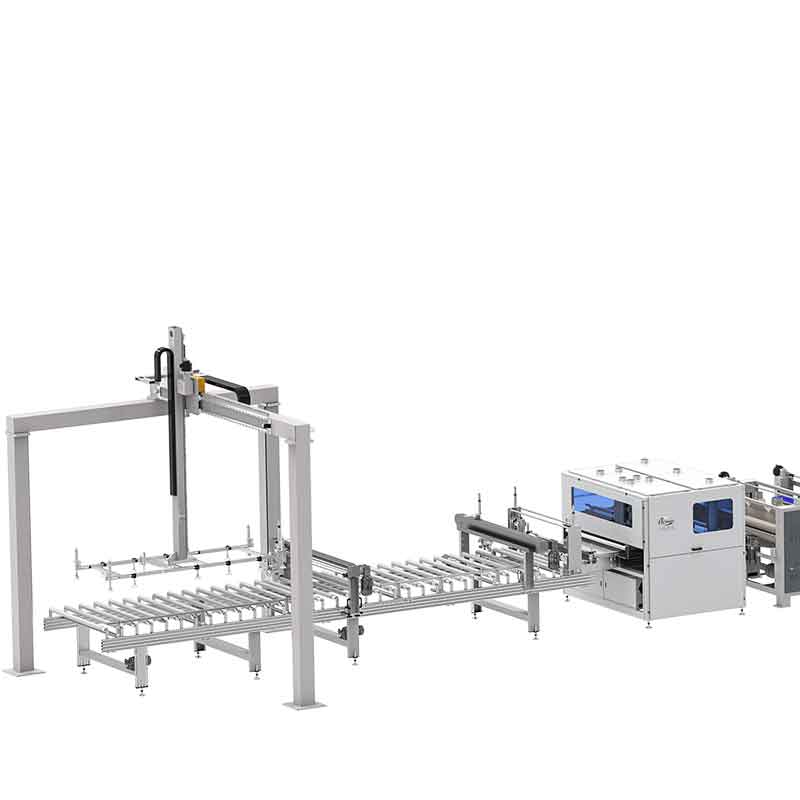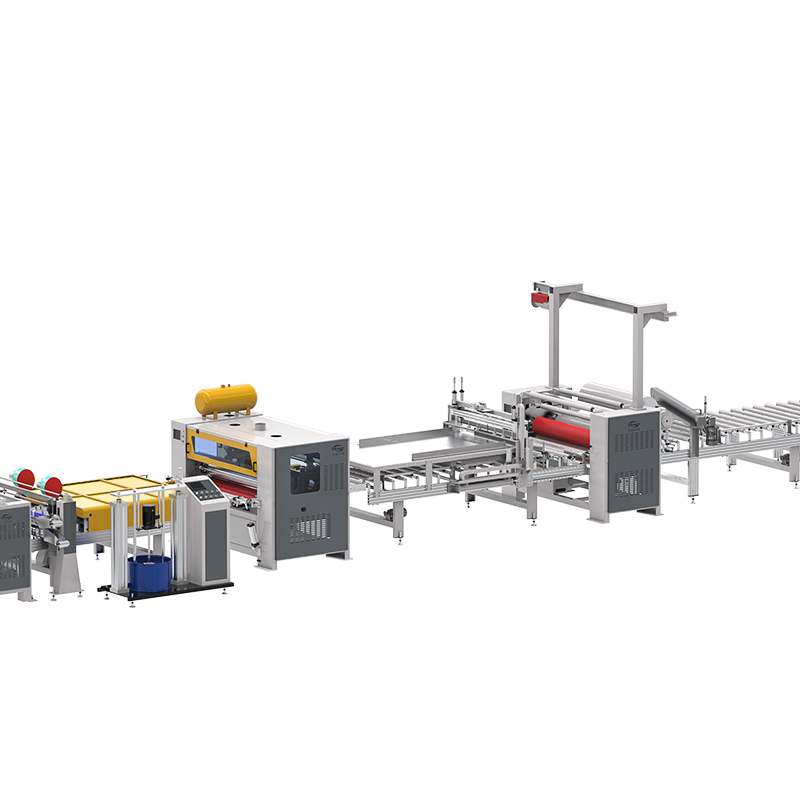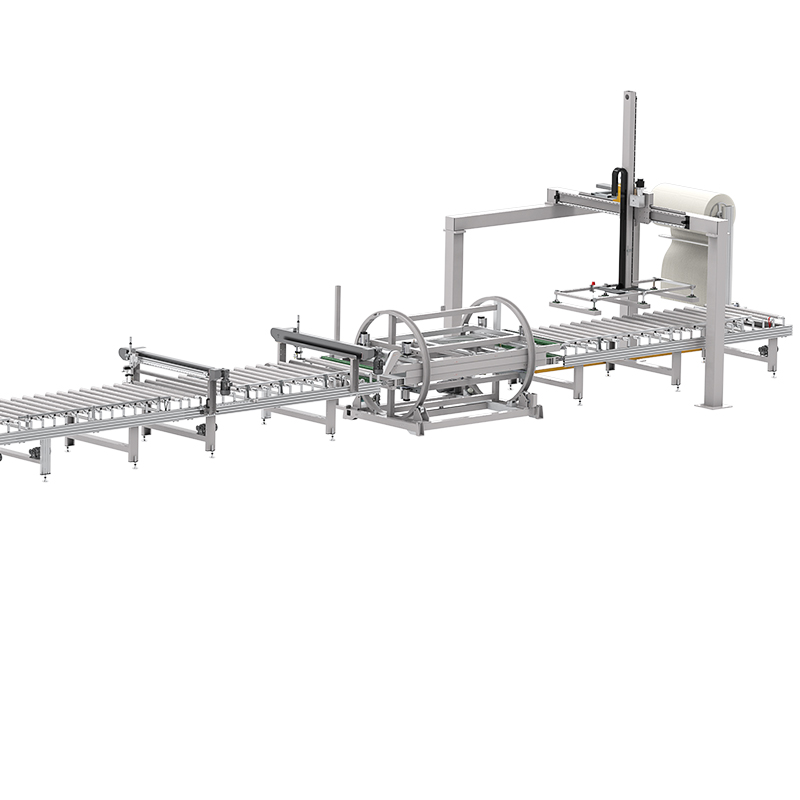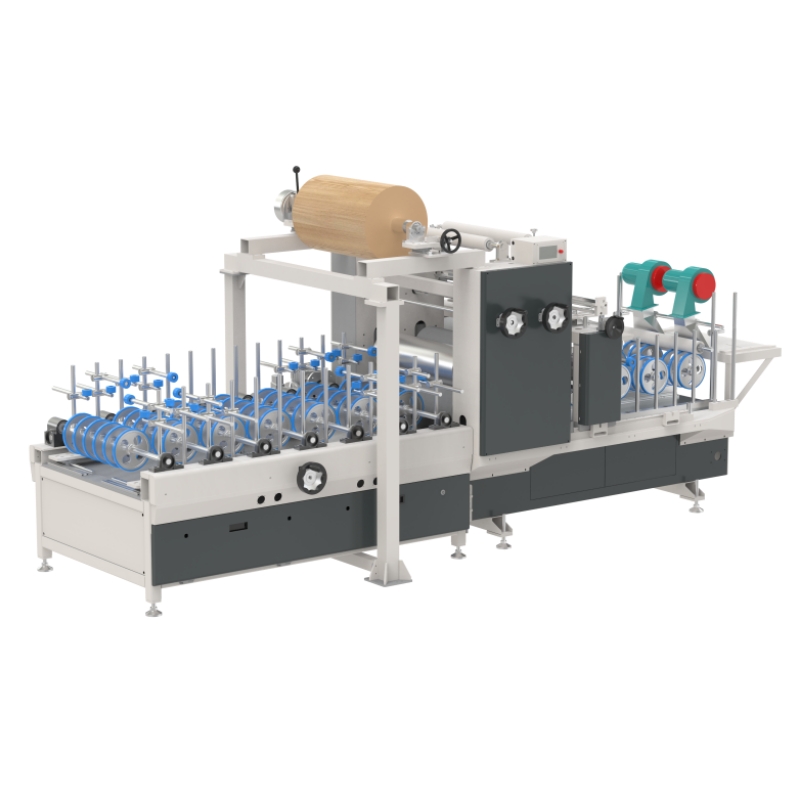Flat lamination process and primer treatment for acrylic machine and PVC
In the modern manufacturing industry, acrylic and PVC (polyvinyl chloride), as two commonly used
plastic materials, are favored for their unique properties and wide range of application scenarios.
Flat laminating acrylic and PVC and applying primer treatment with a primer coating machine in the
process can significantly improve the quality and performance of the product. This paper will discuss
the specific process, advantages and application areas of this process.
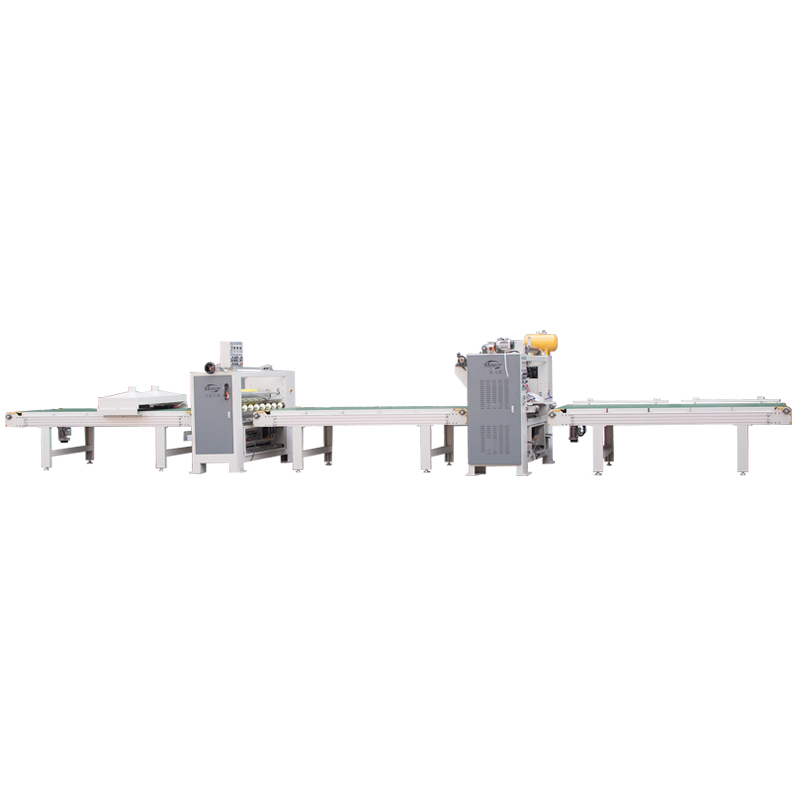
1. Acrylic and PVC properties
Acrylic, often referred to as PMMA (polymethyl methacrylate), known for its excellent light transmission,
weather resistance and mechanical strength. Its transparency is comparable to that of glass, and its light
weight makes it easier to process, while PVC is widely used in construction, packaging and automotive
applications for its good corrosion resistance, abrasion resistance and economy.
Despite the advantages of each, when combined, especially in coating and bonding, they may face a lack
of adhesion. This is where the primer treatment becomes particularly important.
2. Steps in the flat lamination process
Step 1: Preparation
Before flat lamination of acrylic to PVC, surface preparation of the acrylic is first required. This includes
cleaning the surface, tear off the protective film.
Step 2: Application of acrylic machine
Acrylic machine is a specialized equipment for processing acrylic materials, through the application of
adhesive and laminating process, to get the required acrylic. In this process, acrylic and PVC materials
need to be accurately aligned and laminated to ensure that they can be perfectly combined. The high
precision and automation function of the acrylic machine can effectively improve the production efficiency
and the quality of the finished product.
Step 3: primer treatment
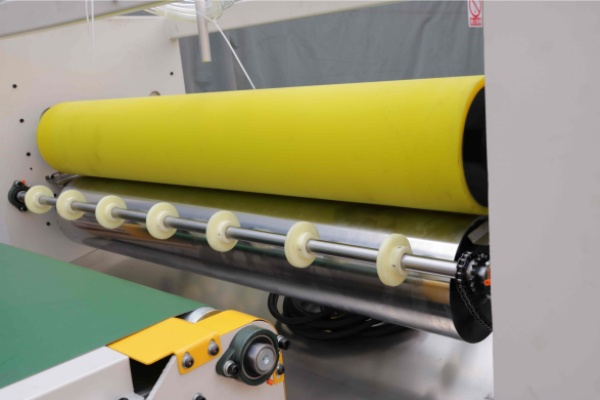
After the completion of the flat paste, the use of primer coating machine for PVC primer treatment is to
enhance the adhesion of the key steps. By evenly coating the primer, the primer can effectively fill the
small defects on the PVC surface and enhance the adhesion of the subsequent coating. The choice of
primer material is crucial, and there are usually water-based and solvent-based primers available.
Water-based primers are environmentally friendly and easy to clean, while solvent-based primers usually
have stronger adhesion.
3. Advantages of primers
Improved adhesion: A primer can significantly improve the adhesion of the coating to the PVC, preventing
flaking due to temperature changes or humid conditions.
Smooth surface: After primer coating, the smoothness of PVC surface is improved, which lays a good
foundation
for subsequent coating or printing process.
Environmental protection: Modern primer coating machines are mostly made of environmentally friendly
materials, which reduces the emission of harmful substances and meets the requirements of today's green
manufacturing.
Automation: The bottom coating machine is equipped with automation control system, which can realize
accurate coating, improve production efficiency and reduce labor cost.
4. Application areas
The products that are flat-pasted with acrylic and PVC and treated with undercoating are widely used in
many fields:
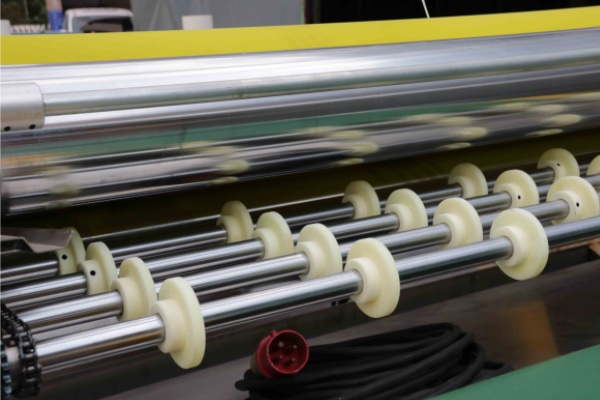
Building decoration: in the building facade and interior decoration, the combination of acrylic and PVC
can achieve beautiful and durable effect.
Advertising signs: the combination of transparent acrylic and PVC can produce brightly colored and
weather-resistant billboards.
Automotive interior: Through this process, vehicle interiors can realize rich visual effects and improve
durability at the same time.
Household goods: acrylic and PVC combination of storage boxes, display racks and other products,
due to its good aesthetic and practicality and popular.
5. Conclusion
Flat-pasting acrylic with PVC, combined with the use of primer coating machine, can not only improve
the adhesion and surface quality of the product, but also improve production efficiency and environmental
protection. This process has demonstrated its unique advantages in a number of industries, meeting the
market demand for high-quality products. With the continuous progress and innovation of technology,
this process is expected to be applied in more fields in the future, promoting the development of the
plastics processing industry.
